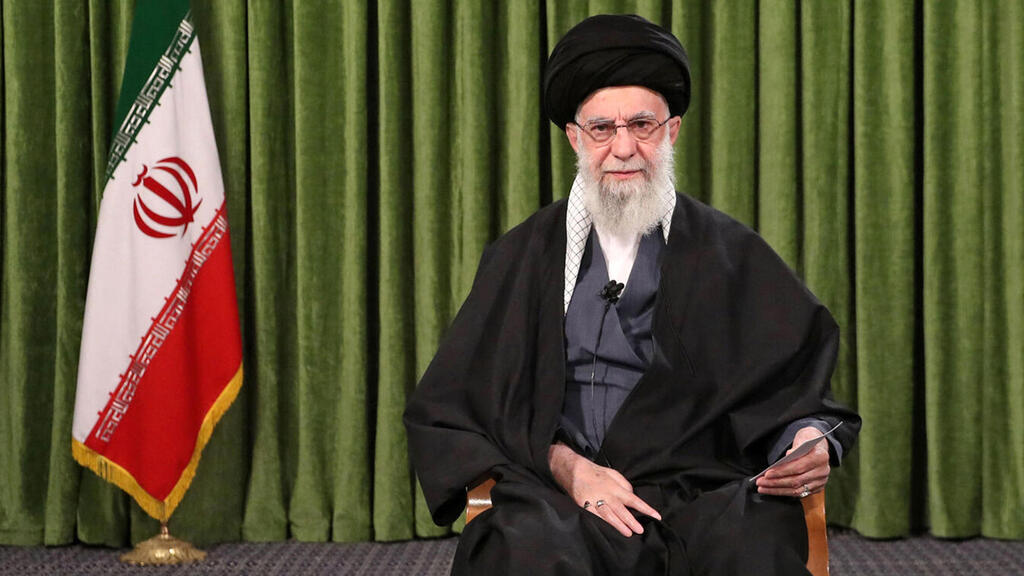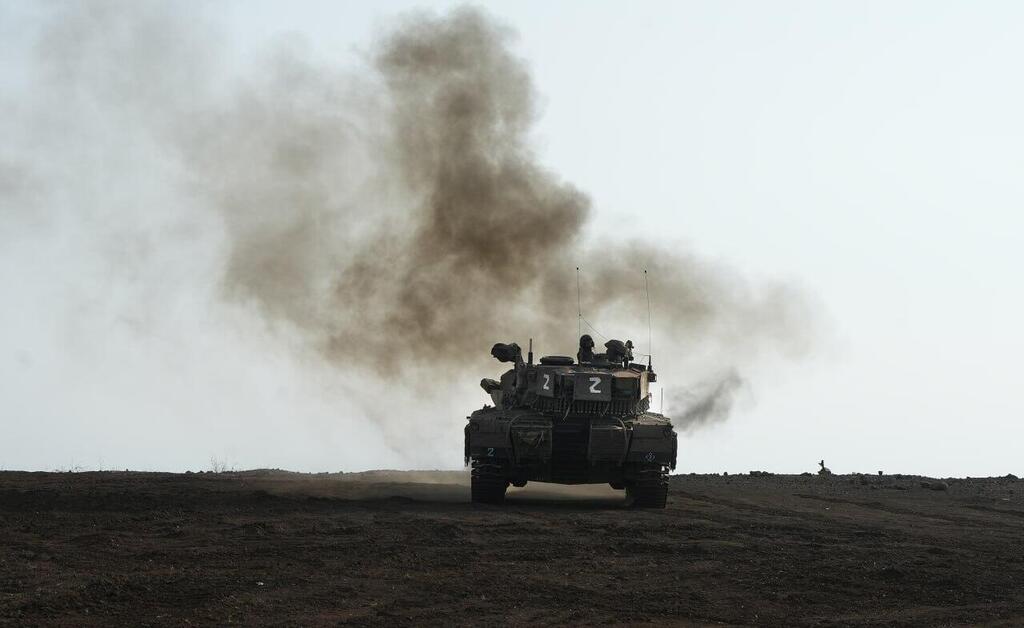Getting your Trinity Audio player ready...
Fearing an Iranian retaliation over the airstrike in Damascus, the IDF has bolstered reserve units, and the IDF Military Intelligence Directorate warned that "the worst may be yet to come." This led IDF spokesperson Rear Admiral Daniel Hagari to clarify that there is no change in the IDF Home Front Command's guidelines following a public panic on the matter.
The alerts regarding Iran are general warnings about intentions to carry out a retaliatory attack, following the assassination of senior Islamic Revolutionary Guard Corps (IRCG) commanders in Damascus on Monday.
However, details about such an attack aren’t clear, nor about its potential timing. Even the U.S. Central Intelligence Agency has warned about this, but didn’t provide concrete information. What Israeli sources found is no less reliable, but we also lack any detailed information.
Nevertheless, it’s clear that the coming weekend is a portent date when both Iran’s Quds (Jerusalem) Day and the last Friday of Ramadan (the last 10 days of Ramadan are traditionally the most sensitive and tense time of fasting and prayers) are observed.
However, it can be estimated the Iranians haven’t fully formulated a plan for an attack yet and are exploring options. It can also be strongly believed that they are interested in pursuing limited action, which won’t lead to a regional war but will severely hurt the Israeli public and undermine security forces.
The main issue, from Tehran's point of view, is to enable the Ayatollah's regime to show the Iranian public that they have "avenged" the humiliating assassinations of their commanders, ones that presented Iran’s Supreme Leader Ali Khamenei and the IRCG under his direct command as “weak" and powerless.
The Iranians may try to kill IDF soldiers and commanders on leave or during activity in Israeli territory or the Palestinian territories in a terror attack carried out by locals and for which Iran will hint at responsibility. The IRCG is making a significant effort to deliver advanced military equipment to the West Bank in order to carry out large-scale attacks, and may try to use this infrastructure in its plans.
There is also a possibility the Iranians will try to march Shiite militias into an Israeli town in the Golan Heights close to the northern border. Because of this, the IDF canceled combat soldiers’ leave for the weekend.
Learning Iranian action patterns, it can be inferred there’s a high likelihood they’ll attempt an attack on an Israeli embassy abroad, mainly in Arab countries, or on Israeli tourists during Passover. There is also a reasonable possibility that the Iranians will try to carry out a combined - kinetic- (physical harm) and cyberattack.
The conclusion is this: The Israeli public and those abroad primarily need to show vigilance and caution for their personal security and worry less about an all-out attack on Israeli territory.




